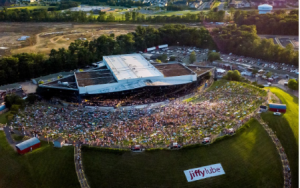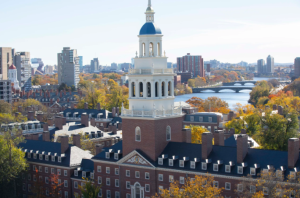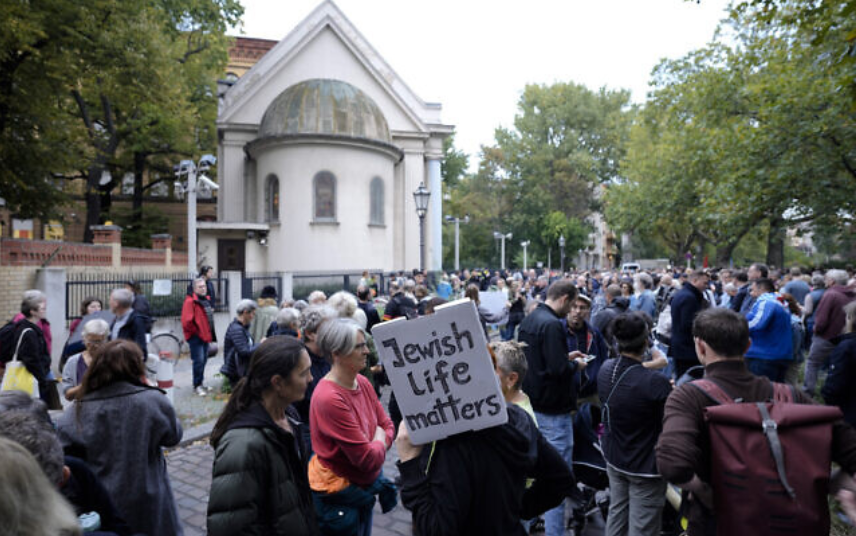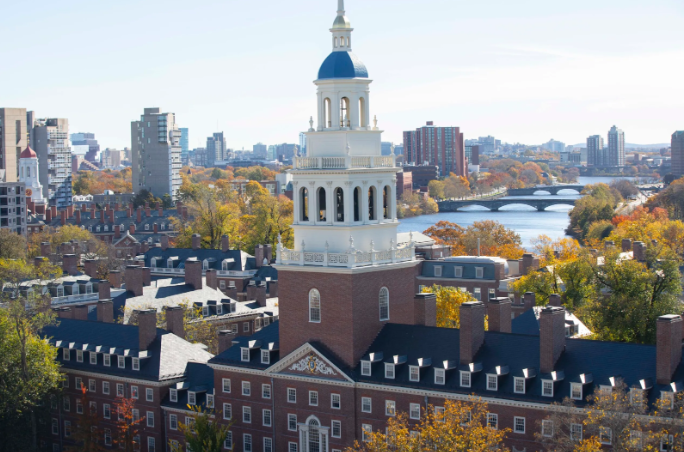Over the weekend of October 13th, multiple Stars of David were daubed on the doors and walls of Jewish homes in Berlin, Germany. This comes amid a rise in anti-Israeli and anti-semitic sentiment since the war in Israel broke out.
In one case, a woman, who declined to be named, told the German news outlet Berliner Morgenpost that she had found a Star of David hastily drawn on her exterior door, near her mezuzah. She said that she doesn’t know who daubed the symbol on her entrance, but as she wears a Star of David regularly and shares pro-Israel content on social media, it could have been anyone from neighbors to delivery people. After ensuring that the Star was only painted on her building, she contacted police, who were “understanding but unhelpful to prevent a repeat incident.”
Another woman, who chose to be called only “Yael” and who has lived in Berlin for eight years told Israel Hayom, a Hebrew-language international news outlet, that she saw a Star of David painted along the route she walks her son to school. She described seeing it as “a punch in the gut.”
Ever since Hamas declared Friday the 13th an international “Day of Rage,” Yael has debated sending her children to school. “But when I saw the Star of David, I kept them at home,” she said. “And my children are in a completely public system, they speak German, most of their friends are Germans, not Israelis. We don’t live in a neighborhood where we tell the children to not speak Hebrew, but it has come to that.”
She also discussed several incidents of Hebrew speakers being threatened in the streets and spat on. Hebrew schools have remained closed, and multiple Jewish restaurants have closed as well, including one with joint Palestinian ownership.
Na’aman Hirschfeld, a tech entrepreneur living in Berlin since 2012, said to Israel Hayom: “[the graffiti] certainly causes a general sense of persecution.” He said of Jews attacked for wearing kippah; “There is a feeling of an earthquake. Firstly as Israelis, but also as immigrants here in Berlin.”
Hirschfeld lives in an area of Berlin with a large Arab population, including Syrians, Lebanese, and Palestinians. “Until now there was successful coexistence. For example, I was never afraid for my children speaking Hebrew in the street, or identifying themselves as Israelis, even in a school with a high percentage of Muslims. But after the massacre, there were quite a few here who celebrated, and this provoked disgust, anger, and especially the feeling that there is no coexistence here. Some among the Jewish community feel very exposed and vulnerable. It seeps in.”
On Friday, hundreds of both Jews and goyim gathered around Berlin’s synagogue on Fraenkelufer to show solidarity with Israel and to guard the building. Jewish groups in other locations have also noticed a rise in anti-semitic attacks recently, of note being a threefold increase in the U.K.














